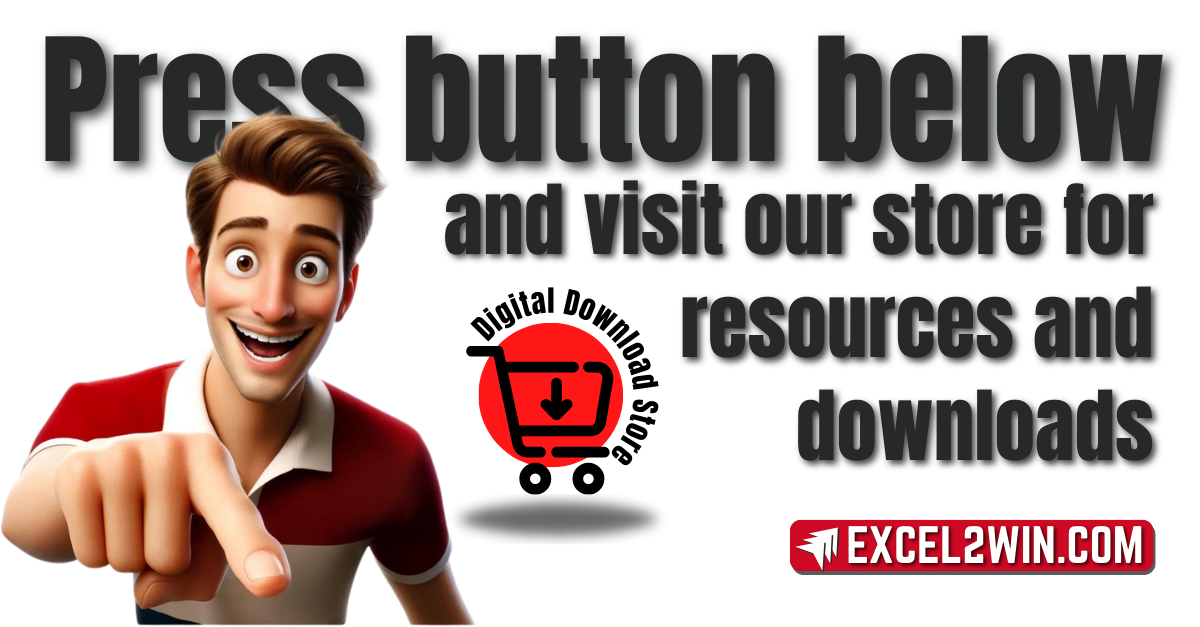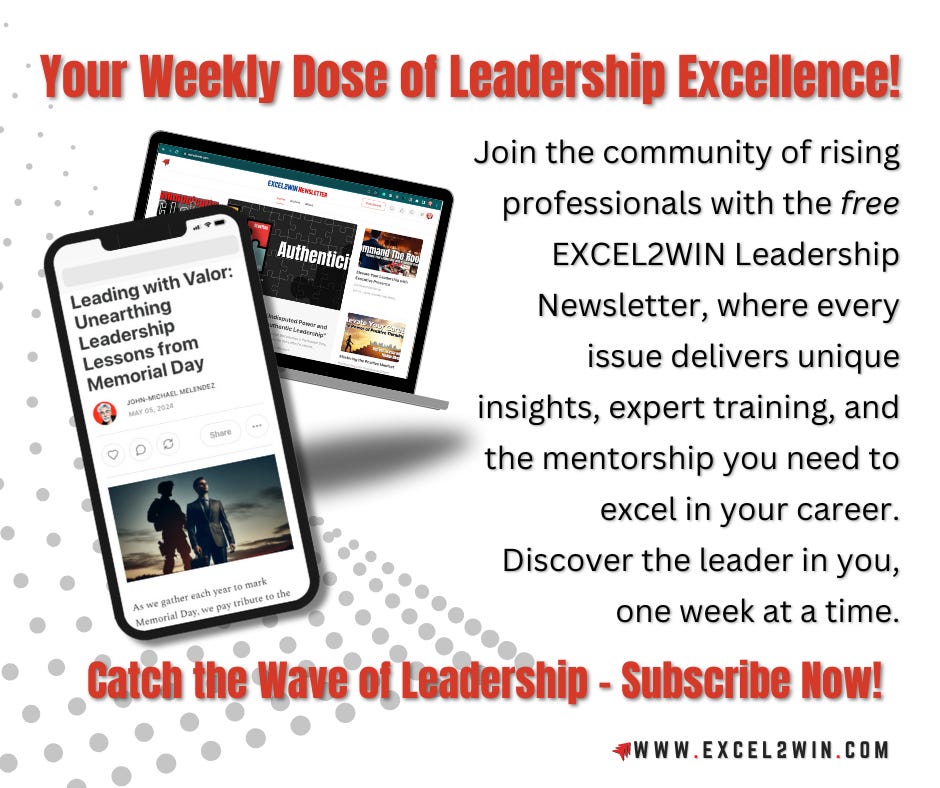When Too Much Advice Is No Advice at All
Today, where advice is more accessible than ever, young professionals often face a dilemma. They are bombarded with suggestions on advancing their careers from mentors, colleagues, books, and the internet. While advice can be invaluable, an overload can lead to decision paralysis, making it difficult to make informed choices. I aim to explore an important issue: providing strategies for effectively managing advice, distinguishing good advice from bad, and avoiding decision paralysis.
The Problem with Too Much Advice
Imagine this: you're a young professional eager to make your mark in the world. But you're stuck. You're overwhelmed by the many choices available and can't seem to decide. This is what we call decision paralysis, and it's a common challenge for many young professionals. With abundant advice coming from every direction, it can be hard to distinguish what's valuable from what's not. The pressure to succeed and the fear of making the wrong decision can lead to a standstill.
Understanding Advice Overload
Advice comes from various sources, each with its own perspective and expertise. Mentors, colleagues, books, and online resources offer insights, but not all advice is equal. The illusion of knowledge can be misleading, and the sheer volume of advice can make it difficult to discern what's relevant and useful.
Consequences of Decision Paralysis
The impact of decision paralysis on young professionals is significant. Professionally, it can hinder career growth, stall project progress, and damage leadership credibility. Personally, the stress and anxiety that accompany the constant search for the "perfect" piece of advice can be overwhelming. This stress can lead to burnout, decreased productivity, and a diminished sense of accomplishment.
Strategies to Overcome Advice Overload
Prioritize Advice:
Identify Trusted Sources: Focus on advice from individuals with proven expertise and a clear understanding of your career goals. This could be a mentor who has walked a similar path or a colleague who has demonstrated success in your field.
Set Criteria for Valuable Advice: Evaluate advice based on its practicality, relevance, and evidence of success. Ask yourself if the advice is actionable and whether it aligns with your goals and values.
Limit Sources:
Select a Few Reliable Mentors: Rather than seeking advice from numerous sources, choose a small group of advisors who understand your career aspirations. This allows for more focused and personalized guidance.
Avoid Constant Information Seeking: Resist the urge to search for new advice continuously. Instead, take the time to implement and reflect on the advice you've already received.
Develop Decision-Making Skills:
Trust Your Judgment: Build confidence in your ability to make informed decisions. Remember, you've made it this far for a reason—trust in your experience and intuition.
Use Decision Frameworks: Implement structured approaches like pros and cons lists or decision matrices. These tools can help clarify your options and simplify the decision-making process.
Reflect and Review:
Regularly Assess Past Decisions: Review past decisions and their outcomes. Learning from previous experiences can help refine your approach and improve future decision-making.
Adjust Advice Intake Based on Outcomes: If certain sources of advice haven't provided valuable insights, it's okay to move on. Focus on what works and discard what doesn't.
Filtering Good Advice from Bad Advice
Not all advice is worth following. To filter good advice from bad, consider the following:
Assess the Advisor's Expertise: Check their background, achievements, and relevance to your field. An advisor with a proven track record in your industry is more likely to provide valuable insights.
Evaluate the Context: Consider whether the advice applies to your specific situation. What worked for someone else might not work for you due to different circumstances or goals.
Test Advice on a Small Scale: Before fully committing to a piece of advice, implement it in a limited scope to gauge its effectiveness. This allows you to see the potential impact without risking significant resources
Final thoughts
Mastering the art of managing advice is not just about avoiding decision paralysis; it's about taking charge of your career path. By prioritizing advice from trusted sources, limiting the number of advisors, developing decision-making skills, and regularly reflecting on past decisions, young professionals can confidently navigate the overwhelming world of advice, feeling empowered and in control of their professional journey.
Remember, the key to success is not in the quantity of advice received but in the quality and relevance of the advice applied. Embrace your ability to make decisions, learn from your experiences, and trust your judgment. Your insights and instincts are valuable; trusting them makes you feel confident and self-assured in your decision-making process.
For more personal and leadership development insights and guidance, subscribe to The EXCEL2WIN Leadership Newsletter. Stay ahead in your career with tailored advice, expert tips, and motivational content designed to help you excel in every aspect of your professional journey. Don't let decision paralysis hold you back—subscribe today and start making confident, informed choices!
Decisive: How to Make Better Choices in Life and Work
Are you overwhelmed by the endless advice and struggling to make confident decisions? If so, "Decisive: How to Make Better Choices in Life and Work" by Chip Heath and Dan Heath is your ultimate guide. This gem of a book unravels the mysteries of decision-making with practical, easy-to-apply strategies that can transform your life and work.
The Heath brothers, renowned for their expertise in psychology and business, delve into the common traps that lead to poor decision-making. They introduce the WRAP model—Widen Your Options, Reality-Test Your Assumptions, Attain Distance Before Deciding, and Prepare to Be Wrong—to help you avoid these pitfalls. This systematic approach empowers you to sift through the noise and make decisions with clarity and confidence. In our article "When Too Much Advice Is No Advice at All," we discussed how an overload of advice can lead to decision paralysis. "Decisive" perfectly complements this by offering actionable steps to overcome that paralysis. It's about moving from confusion to clarity, from indecision to decisive action.
Ready to take control of your choices and lead with confidence? Get your copy of "Decisive" today! And remember to subscribe to The EXCEL2WIN Leadership Newsletter for more personal and leadership development tips. Your journey to better decisions starts now!







